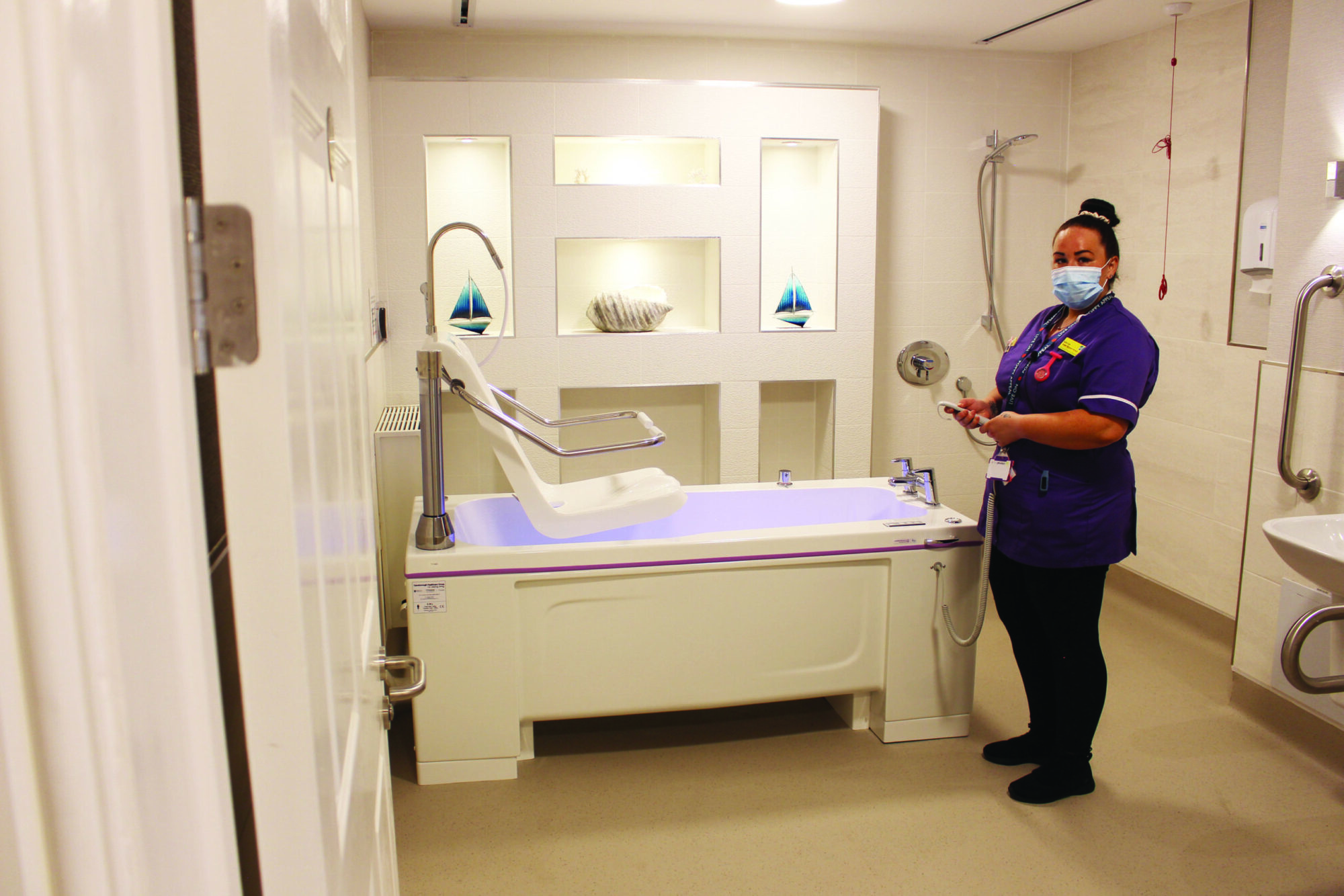Alleviating the care home staffing crisis through effective bathing solutions
The number of UK job vacancies is at a record high according to the Office for National Statistics. Data collected in August 2022 shows there are around 219,000 human health and social care roles vacant with an accelerating increase of over 10% year-on-year.
)
These challenges are creating significant workload pressures on existing care home employees so the need for effective assistive equipment, such as accessible baths, is more vital than ever before. With specialist bathing solutions that reduce manual handling burdens whilst increasing care, the sector has a greater opportunity of achieving sustainability now and in the future.
It is widely recognised that without access to equipment that underpins moving and handling best practices, carers are at higher risk of musculoskeletal injuries. Now also consider that according to the Skills for Care report, the average age of a nursing care home worker is 44, and that musculoskeletal problems become more frequent in our 30s and 40s onwards. Ultimately it is not difficult to understand how reduced staffing numbers can lead to increased back-related sick leave within the remaining workforce. However, proven and advanced, power assisted baths can ease these challenges.
Innovative care baths such as the Gentona from Gainsborough Specialist Bathrooms, with powered height-adjustment, bather transfer seats and an array of inbuilt technology, can protect against injury and enhance single-handed practices. Furthermore, efficient assisted transfers in and out of the bath ensure dignity and self-esteem are maintained for bathers – adding to a more positive experience for everyone involved. There are also specialist baths which recline for those with more complex postural needs, such as the Gainsborough Sentes, and many that include specialist sensory features particularly beneficial to bathers with dementia.
By investing in bathing equipment renowned for delivering long term value, care home managers can more effectively safeguard morale and bolster staff retention. These baths will also prevent any secondary impact on service users that may arise if care staff experience burn out. In seeking ways to safely reduce workloads on a more long-term scale, through ergonomic bathing solutions, the care home industry can boost operational efficiency now and ensure resilience for the challenges ahead.
![Gainsborough Specialist Bathrooms [logo]](https://www.gainsboroughbaths.com/wp-content/themes/gainsborough-theme/assets/img/gsb-logo-white.svg)
